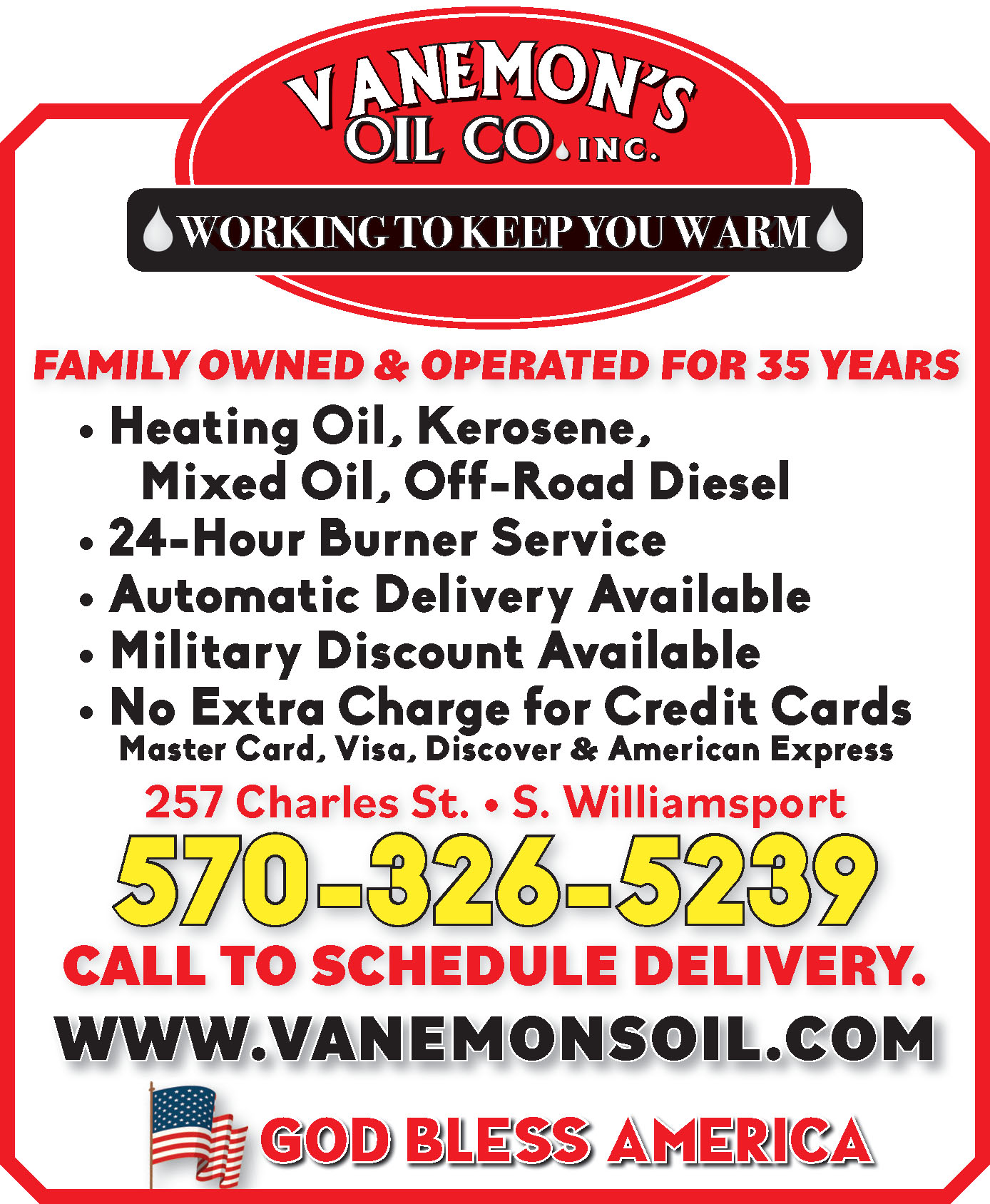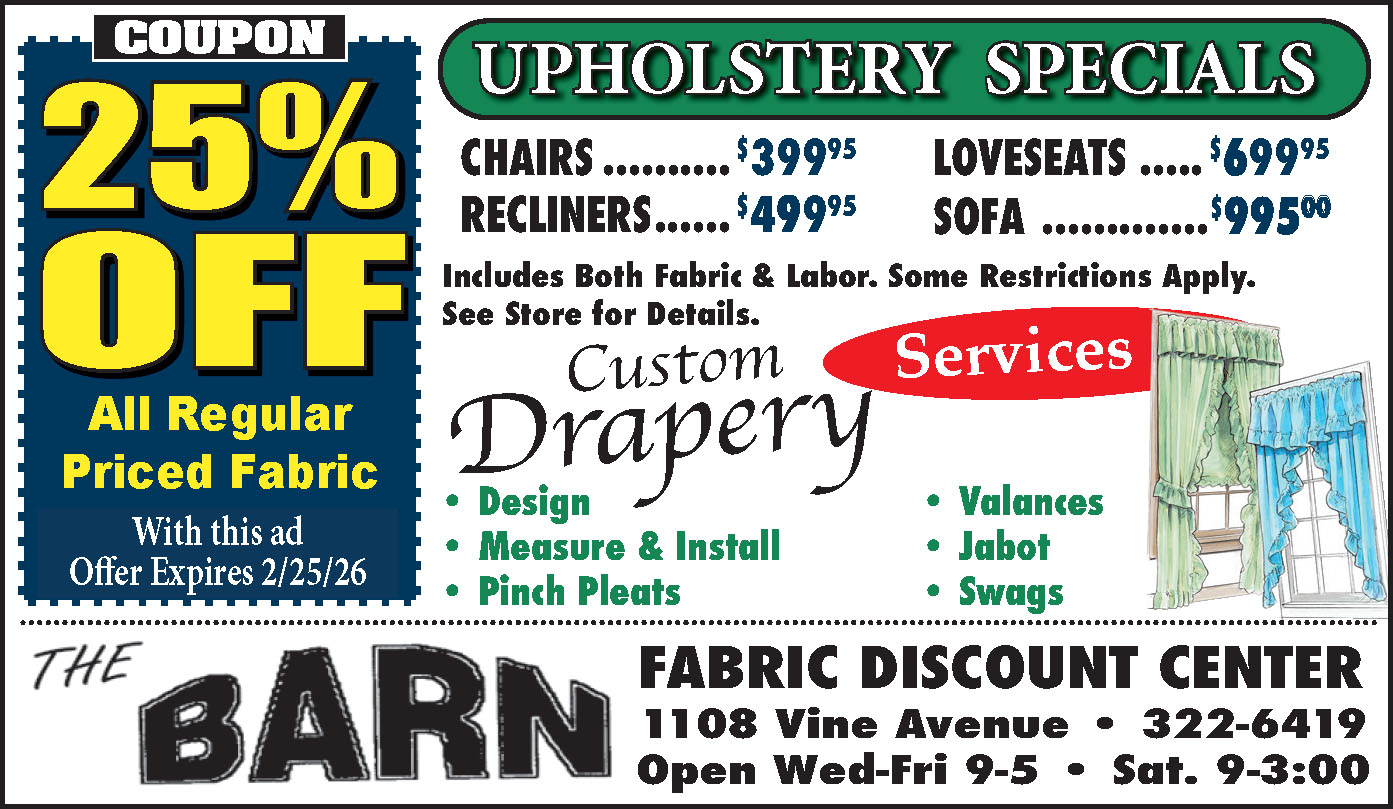A while back, I wrote some articles about minimalism, which can be defined as a lifestyle characterized by the elevation of only the most important possessions and the removal of everything else. The idea is to lead a life of simplicity that is unburdened by material things. Though each person might define minimalism differently, the one common trait is the rejection of a life of working more, to earn more money, to buy more things that we do not need.
Years ago, I had the good fortune to visit our oldest daughter in Bolivia. She was near the end of a year-long student exchange and had wanted to show us the country. Bolivia is a country of very diverse habitats due to its proximity to the Amazon rainforest and very significant variations in altitude. Oruro, the city where she had been living, was in the high desert plain; however, the word desert does not do it justice as it was closer to my vision of what Mars would look like. Brown as far as the eye could see, and almost no vegetation. Virtually nothing grows in this part of Bolivia.
In the United States, if you mention you live in the countryside, people don’t give it a second thought. In Bolivia, you will quickly see looks of pity because only the poorest people live outside of the city limits. There is little water, almost no food, and small clusters of adobe huts with a blanket for a door to house large families. To get to any type of work, people have to walk for miles to flag down a passing bus and then travel for many more hours, all to work for a few dollars a day.
I have never been materialistic, but seeing this level of poverty gave me a whole new appreciation for my life and what I have. I try to keep this experience in mind when I want to buy something new. Certainly, we can enjoy things and occasionally buy things we want. The real question is whether these things will make our lives better or are they just accumulating dust and getting in the way of true happiness?
Recently, like many people this time of year, I have been working on decluttering my house and shaping things up around my yard for spring. Honestly, this will be an ongoing project that will go well beyond the season. My purpose for this is to get rid of at least some of the things that I no longer use or need as they do not add value to my life.
I have found, like many of us, that I have been accumulating things I don’t need, but more importantly, I have found that it is sometimes difficult to let things go because I “might” need them someday. Here’s a tip, if you have not used something in years, you probably don’t need it.
Besides the fact that I couldn’t walk into my shed or that I had multiples of certain items, I realized that some of my possessions were beginning to own me and not the other way around. I thought to myself that if something happened to me that it would be difficult for my wife to sort through all of my stuff and that it would be a burden to her. It made me reconsider whether I really needed 100 t-shirts or five pairs of pants that were exactly the same. I have more fitness equipment than one person could ever use and am still holding on to my kids’ bicycles even though they have long since outgrown them. So, I decided it was time to let some things go.
It will be a process, and will no doubt take me quite a long time, but I am making an effort to evaluate my possessions, one by one, and decide if they lend value to my life. If they don’t, I am planning on going through the trouble of selling or giving them away. I am not saying that you should give away all of your worldly possessions and live like monks on a mountaintop. I am simply advocating for the simplification of your lifestyle and to not be chained to your possessions. If you love books and they bring you joy, keep them. If you have three hand mixers, you bought on sale collecting dust, get rid of them. How you go about decluttering your house and your life is up to you and is going to be somewhat different for everyone. I do, however, recommend evaluating whether what you own is improving your quality of life or whether your possessions own you.



